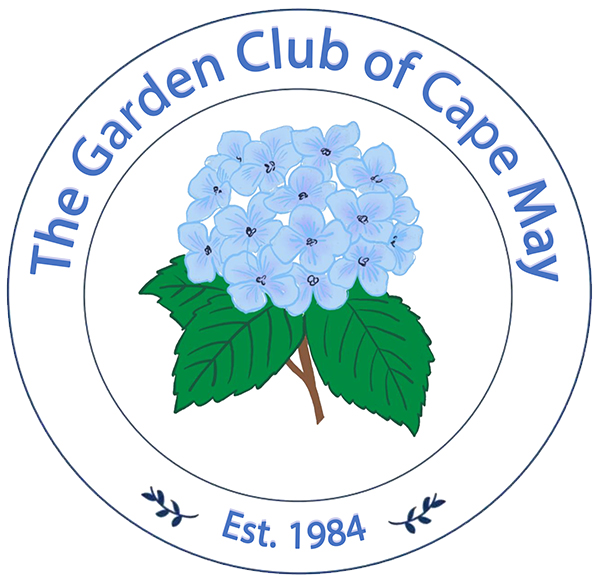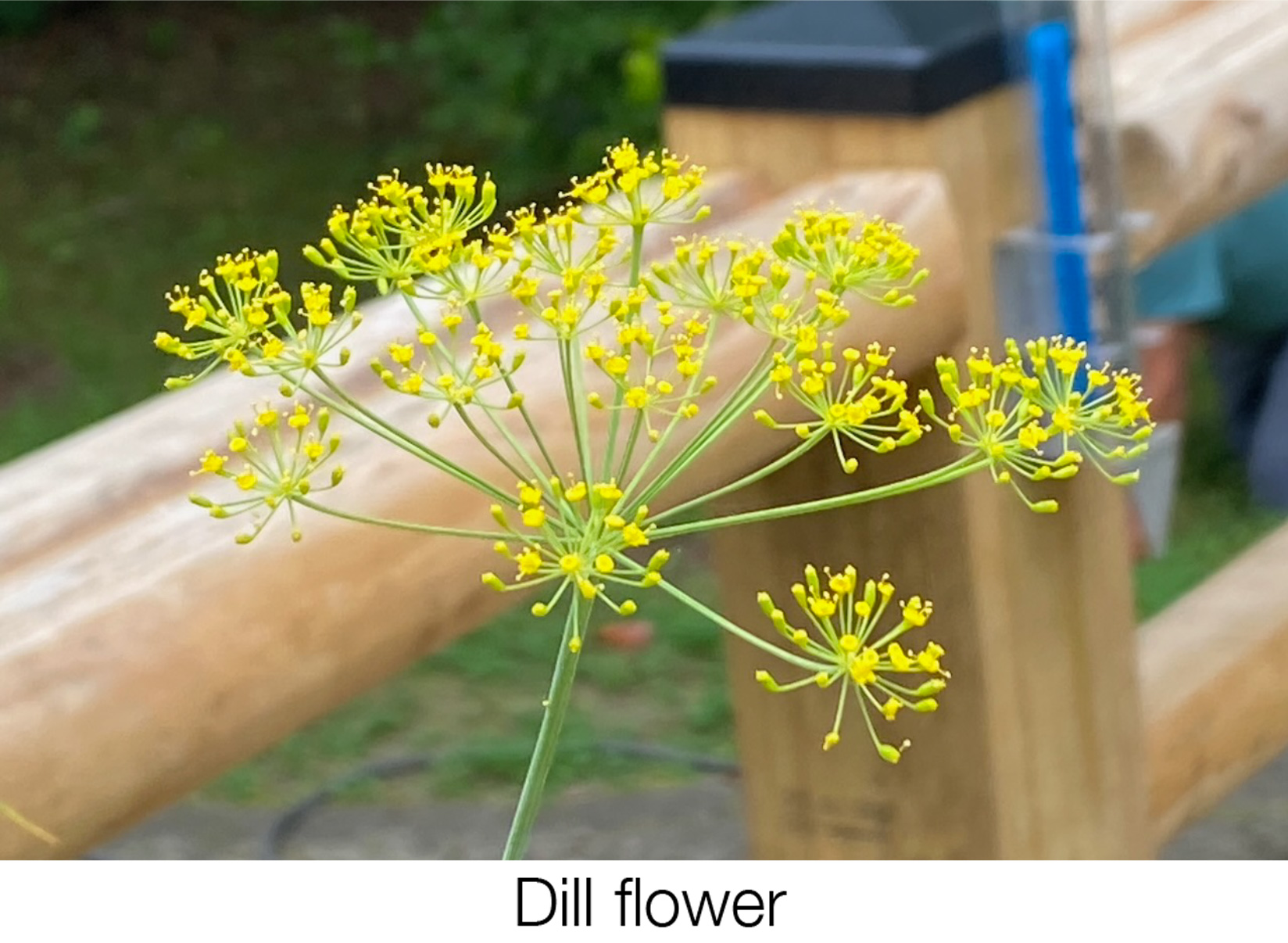Select a Monthly Gardening Tip flyer
Flyers open in a new tab for easy viewing and printing.
February 2026, Garden Tips
January 2026, Garden Tips
December 2025, The Flowers
November 2025, The Dream Garden
October 2025, The Dream Garden
September 2025, In the garden with Birds
August 2025, Locally Grown Produce
July 2025, Dahlias
June 2025, Lawns
May 2025, Pennsylvania's Big Trees
April 2025, Tulips
March 2025, Thoughts of warm!
February 2025, Holly
January 2025, Camellia ‘October Magic’
December 2024, The Flower Magazine
November 2024, Noteworthy Trees of Cape May County
October 2024, Private Garden Visit
September 2024, Drying Flowers
August 2024, Sowing Seeds in the Fall
July 2024, Resources
June 2024, Mulch
May 2024, Cut Flowers
April 2024, Scott Medal Gardening Award
March 2024, Roses
February 2024, Helleborus Orientalis
January 2024, Pruning
December 2023, Poinsettias
November 2023, Spring Bulbs
October 2023, Washington Post Tips
September 2023, Signs of Autumn
August 2023, Rain Water
July 2023, Asters
June 2023, Garden Design
May 2023, Gardens and Arboretums
April 2023, Native Plantings
March 2023, Ready for Spring
February 2023, Pre-Spring Seed Starting

